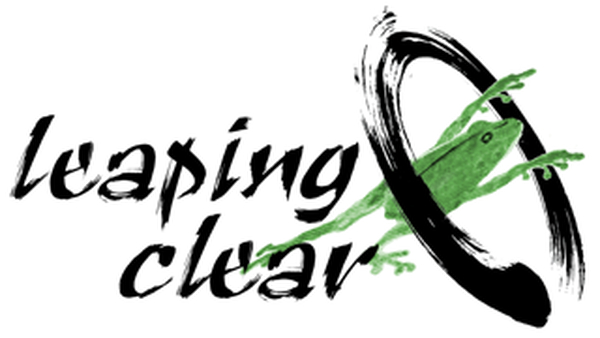Margaret Rozga
At the Catalan National Art Museum
That afternoon I moved forward in time,
the Gothic to the Renaissance.
The Virgin in stone or alabaster,
Gabriel cool, handsome, announcing good news,
the child light in Mary's arms, a gesture
of blessing sometimes in his outward turned palm
gave way to the presence of dour Josephs, flights
into Egypt, crucifixions, four full walls
of red-heavy paintings, then a room
all crucifixions.
At least the Romanesque, blessedly dim gallery,
was quiet as a church. At an altar frontal piece,
a small boy, his arm extended over the display light,
almost glows. His mother gestures
toward the interpretive sign,
her other hand easy on his shoulder.
When he turns to face her, I see
in block letters on the boy's shirt
G A B R I E L
A man approaches, the child’s father perhaps.
He smiles, looks down.
He smiles, looks up.
She smiles.
The three together proceed to the next room.
I’ve been told when in Barcelona
I must see La Familia Sagrada
Fire is the ultimate craftsman
—Joan Miró
What’s this?
Even as I think my work complete
another young
freedom fighter dead.
Oh, dim words
not enough power to light a room.
The curve of my left hand
about the sputtering candles,
small warmth
all that keeps me writing.
Difficult Sermon at Barcelona Cathedral
Difficult Lunch the Next Day
In the name of the Father and of the Son and of the Holy Spirit
always also the world each day we are able to with you heaven
Globalization the homeless not so much it is impossible
the US explosion it is coming Occupy manufacturing hotelslow
wages lawsagainstmoreinBarcelona the capitalists California
Also grace always we the Holy Spirit until difficult power Jesus Christ
each day we in with grace holy the risen innocent name will be able
In 1985 unusual then Olymics AirBnB tourism ruinwhatbringsthemhere
in translation yeahyeahyeah yeahyeah it is explosion transportation
Apple theBayarea ChinacomingtaxsheltercheapSuburbs No. Yesitis
impossible to stop Nestle privatizing yes water yes duringthedrought
We are able also innocent with always the name world will be heaven
walk in the difficult of each day power our bread Holy Spirit Son Father
profitnotin explosionoff-shoring California maufacturing unsteady
where from TrumpMarineLePen? No. Occupy Occupyfailed. No. It went
underground Wisconsin uprisingcameupoccupy cameupWomensMarch
Tourismatleastjobspeoplealways travel No. Nomoremiddleclass travel
Lowwages explosion globalizationexplosion capitalistsexplosionsexplosion
The difficult the innocent thepoorthepower thegrace always with you Siempre
The Holy Spirit is always with you The Holy Spirit is with us The Holy Spirit
will always be with us Siempre En el nombre del padre hijoepiritusanto
It is impossible No. You say impossible too much Naïve Look No. Listen we
must should not be not drinking not this water and with smuginyourcynicism not impossible No. Difficult Difficult? Yes difficult and with your difficult
Margaret Rozga
I begin each day by opening the window blinds in my kitchen, dining, and living rooms. Then, notebook and pen in hand, I write about what and who I see. My goal is to fill a page with thirteen specifics. The thirteen may or may not relate to one another, may or may not be written in complete sentences. I am not trying to draft a poem. This is my practice of tuning in to where I am: the colors, shapes, sounds, textures of what is around me. It is a time for quiet being where I am, what and who I am.
Margaret Rozga has published four books of poetry, including the award-winning 200 Nights and One Day, about the 1967-68 fair housing marches in Milwaukee. Her most recent book, Pestiferous Questions: A Life in Poems (2017), looks at issues of women’s roles, western expansion, and race as they are woven through the life of politically active and well-connected Jessie Benton Frémont (1824-1902). Research for this book was supported by a creative writer’s fellowship at the American Antiquarian Society. Rozga has had poems included in six collaborative exhibits with visual artists.
More on Margaret Rozga’s work can be found on our Links page.

